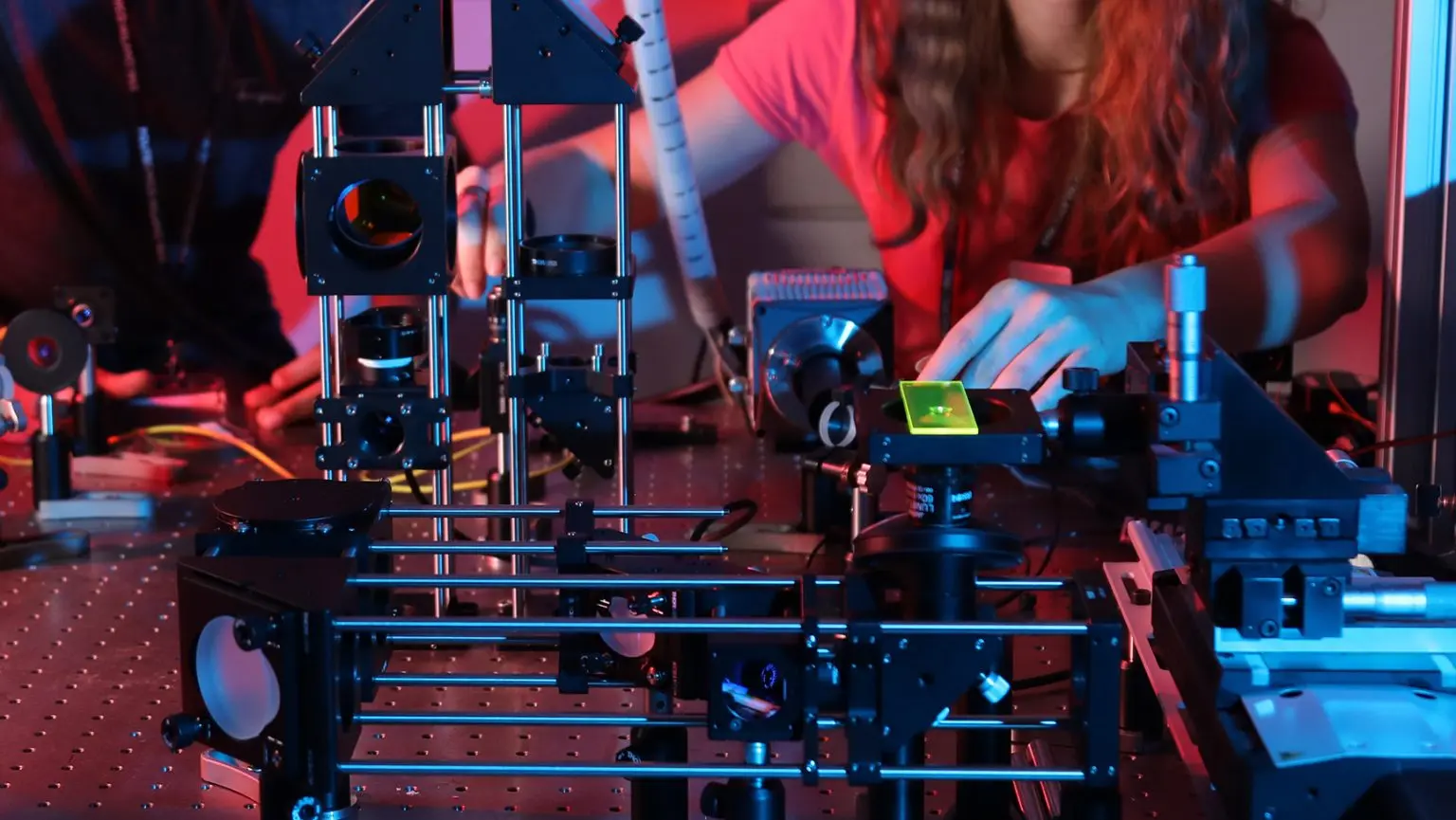NEXTSCREEN
Website's ProjectNEXTSCREEN
Website's Project
Biomedical screening conducted at the single-cell and bioparticle levels has the potential to revolutionise clinical diagnostics. The MSCA-funded NEXTSCREEN project will train researchers, enabling them to create advanced screening methods. These methods involve the automated imaging and classification of samples within a liquid stream. The researchers’ objectives are to reduce the expenses and intricacies associated with imaging flow cytometry, construct automated microscopes with high resolution, and craft real-time data processing tools for the identification and recognition of samples. This will make it possible to screen extensive populations of blood cells and bioparticles, leading to the identification of cancer biomarkers in liquid biopsy samples. Ultimately, the project aims to democratise the usage of automatic screening
Project Objective
Biomedical screening at single-cell and bioparticles level has the potential to transform clinical diagnostics, but the research and development in this field are scattered in different disciplines: biophotonics, micromanipulation, machine learning, in vitro diagnostics, and clinical regulations are traditionally imparted in separate training programs. NEXTSCREEN aims to train and establish a network of researchers with the expertise required for the development of next-generation screening methods, based on automatic imaging and classification of samples moving along a liquid stream. The researchers have the objectives to reduce the cost and complexity of imaging flow cytometry; empower it with novel contrast mechanisms; build high-resolution automatic microscopes at the diffraction limit and beyond; develop real-time data processing tools able to detect and recognize the samples, circumventing the need for manual annotation. Using these technologies they will characterize blood cells and bioparticles, screening large cellular populations, with the goal to identify and characterize cancer biomarkers, in samples derived from liquid biopsies. The ultimate goal is to initiate the development of diagnostics tools, that could be adopted in clinical settings on a large scale, democratizing the use of automatic screening. The project brings together academic and industrial research groups, that are leading the field of imaging flow cytometry, with complementary know-how in high-resolution microscopy, high-precision microfluidics, biotechnologies, and weakly-supervised deep learning, that will facilitate the development of data-driven cells and bioparticle screening.
Research labs